AO Edited
The Caves of Nottingham
A labyrinthine underworld of tunnels and caverns hides beneath the city.
Underneath the modern city of Nottingham is a large and ancient labyrinthine underworld. Over 800 caves, tunnels, and passages cut into the sandstone rock lurk beneath the city, and more are discovered every year.
The oldest recorded name for Nottingham is “Tigguo Cobauc,” which, in the pre-Roman ancient British language is thought to mean “Place of Caves.” The name is still appropriate today, as there are more caves underneath the city than any other in Britain. Nottingham sits on a ridge of soft sandstone hills, which in places have been cut into low cliff faces by the action of the River Leen and River Trent. The exposed soft crumbly rock is incredibly easy to cut and burrow into.
The caves were dug for many reasons: as workplaces, such as the medieval tannery that exists underneath a shopping mall; as homes, such as those at Sneinton hermitage; as secret passages and tunnels, such as those at Castle Rock; as storerooms, brewhouses, and public houses; as prisons and dungeons; and in more recent history, as air raid shelters during the Nottingham Blitz. Scattered across the city are small doors and gates, complete with rusty padlocks that cover access points into the greatly interconnected labyrinth.
The Nottingham Caves Survey, a project by researchers at Nottingham University to digitally map the caves, has seen many local homeowners come forward to reveal that they too have caves leading off into the subterranean maze from their basements or tucked away in the corner of their garden. Some have been surprised to learn that their particular cave was previously unknown. As recently as January 2017, a group of students living on one of the main roads into the city, Mansfield Road, discovered a series of steps leading down from their cellar into a previously unknown void under the city streets.
One of the most well-known and well-connected cave systems is the Broadmarsh Caves, which is open to visitors under the name “City of Caves.” This visitor attraction can be accessed from a dilapidated shopping mall, the Broadmarsh Centre, which is scheduled for demolition and redevelopment. In it, underneath the 1970s brutalist edifice, visitors can take a guided tour around the medieval tannery cut out of the sandstone, the remains of a medieval slum, and one of the city’s sandstone air-raid shelters.
Another system called Mortimer’s Hole is also open to the public, accessed from Brewhouse Yard. This cave is named after Sir Roger Mortimer, the lover of Queen Isabella of England in 1330. The enraged king is said to have entered the grounds of Nottingham Castle by stealth through this secret tunnel, from the base of the Castle Rock cliff, and seized poor Mortimer as he lay in bed with the queen. He was taken from Nottingham to London to be hung, drawn, and quartered. (Tales of his ghost still haunting the hole, which bears his name, remain unverified.)
Other great places to visit the caves include the Trip to Jerusalem public house, reputed to be England’s oldest pub, Victorian Music Hall Malt Cross, the Lost Caves cocktail bar, and the Hand and Heart, all of which have cave rooms for drinking and eating in, and the Bell Inn. If you inquire in advance, the Bell can arrange tours of its caves underneath the Old Market Square, including one that contains a well once used by local monks for brewing ale. Live action puzzle fans are accommodated in one of the city’s latest labyrinths to be made publicly accessible; the “Cave Escape” escape rooms can be found in gloomy subterranean chambers and tunnels beneath Mansfield Road.
Know Before You Go
The best places to view the caves are at the City of Caves attraction in the Broadmarsh Centre, and at Brewhouse Yard, where tours of Mortimer's Hole are conducted throughout the year. Virtual cave "fly-throughs" are available on the Nottingham Caves Survey website.
Community Contributors
Added by
Edited by
Plan Your Trip
The Atlas Obscura Podcast is Back!




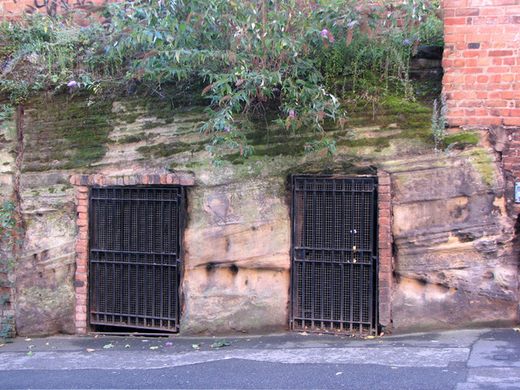


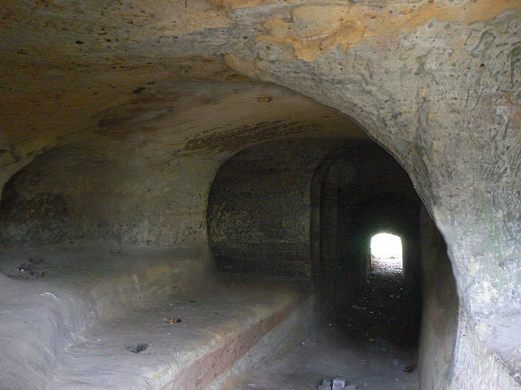

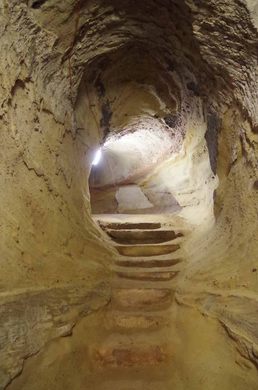




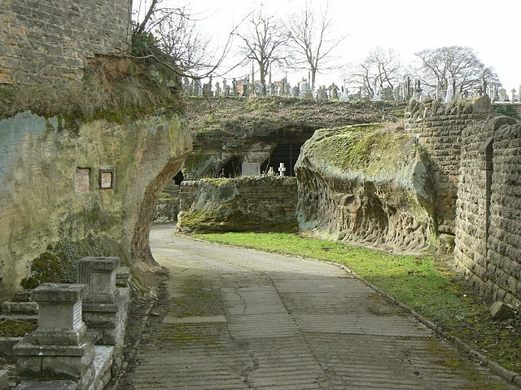








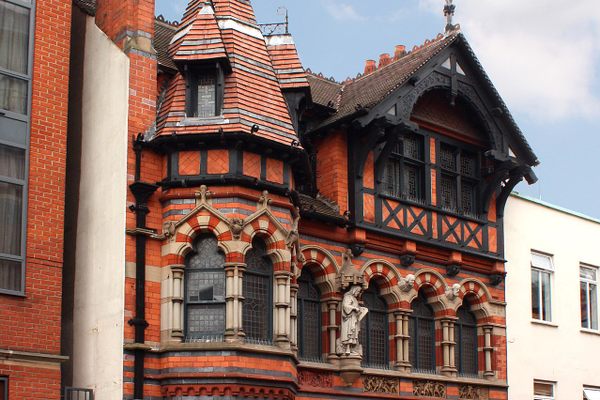

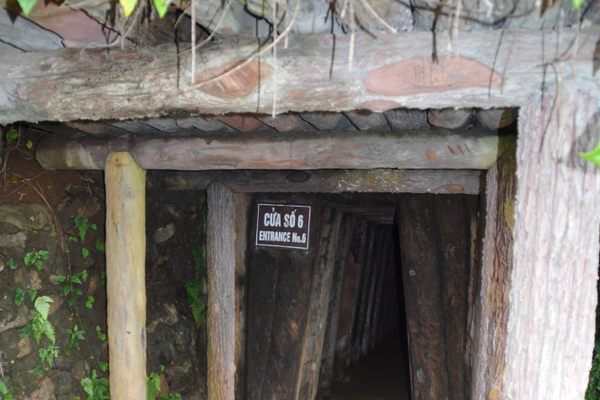



Follow us on Twitter to get the latest on the world's hidden wonders.
Like us on Facebook to get the latest on the world's hidden wonders.
Follow us on Twitter Like us on Facebook